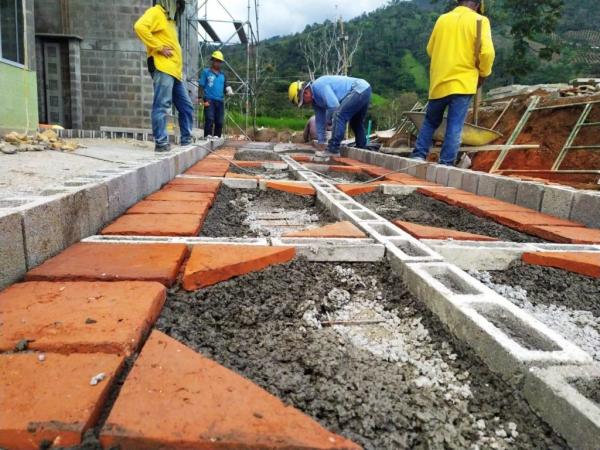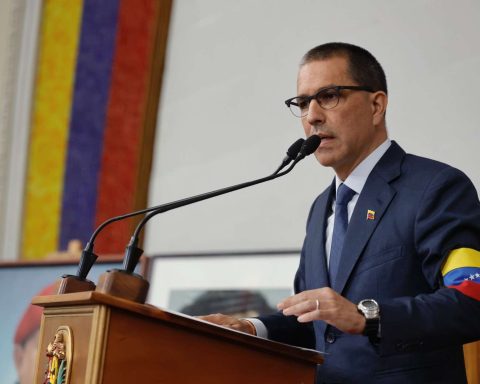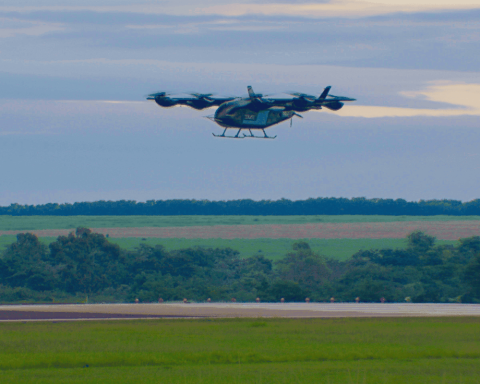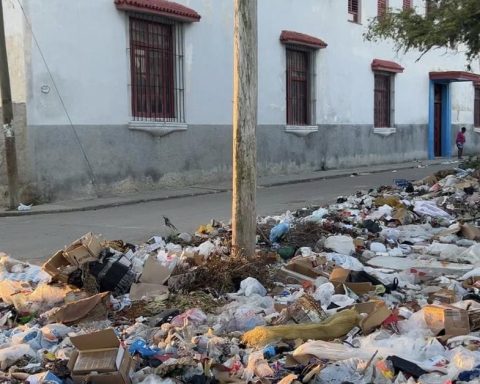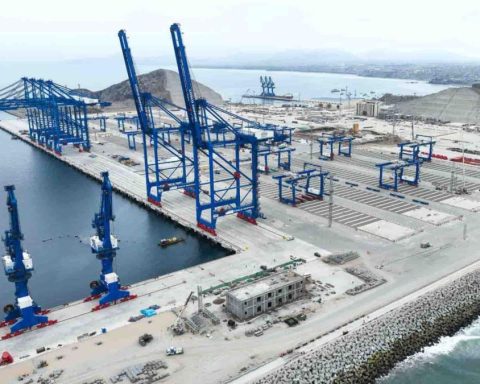December 2, 2024, 3:00 AM
December 2, 2024, 3:00 AM
The transportation crisis should be an opportunity to put an end to the poor service in Santa Cruz de la Sierra. The benefit is clearly bad for everyone: because of the routes, the lack of conditions in which passengers are transported, the slavery regime that prevails with salaried drivers and even because of the vehicular chaos caused by the buses in this capital. Specifically, the debate is not restricted to the cost of the ticket, because a total transformation must be made.
The owners of the lines as well as the executives of cooperatives and unions say that what they receive at this moment is insufficient to cover operating costs. On the other hand, drivers’ leaders refute and assure that there is a huge business for businessmen, which is not reflected in the entire work chain.
Putting a bus into operation on a line can cost between $15,000 and $100,000, depending on the route it accesses. In many cases, that’s more than the purchase of the vehicle itself. In addition, it must be taken into account that each day you have to pay the cost of the card that is marked for compliance with the schedule and the fines when there is lateness. The drivers assure that they pay a fixed daily income, which can range from 100 to 400 bolivianos, and that they obtain piece-rate remuneration, depending on how the work day has been. In many cases, drivers are also penalized when there are accidents or when it is necessary to incur motor vehicle maintenance costs.
Will this cost structure change if the price of the bus ticket increases? Nothing seems to indicate yes. What will be achieved is that the citizen will have to pay more to have the same service; That is to say, you will continue to travel stopped, you will continue to be unsafe while the bus drivers run to mark your card and avoid fines; that when it rains you will have to wait hours to access a minimum space in vehicles packed with people.
At the institutional level, the authorities of the Municipal Government of Santa Cruz de la Sierra have also not demonstrated seriousness in the debate. The Mayor’s Office first presented a working group report to the Council and a few days later a report to say that the price of the ticket should be Bs 2.18 under current conditions and Bs 2.35 if the bus fleet is modernized. Although it has been known for years that public transportation is an unsolved problem, there is no known serious plan to generate a fundamental transformation.
Between the Mayor’s Office and the Council they are passing a ball of fire that no one wants to get burned with. And this has been the case for decades. It is known that in this sector there is a powerful electoral force and that is why, for years, no mayor bells the cat.
We will then have to ask the mayor and his secretaries, as well as the councilors: how long will Santa Cruz residents continue to tolerate poor service and vehicle chaos? How long will the tyranny of bus owners who are not even capable of guaranteeing good service prevail? We must also ask municipal and national legislators, as well as the Ministry of Labor itself, how long will the regime of modern slavery and exploitation of drivers be maintained, without there being an institution to protect them and make them respect their rights? work?
An indefinite transport stoppage begins today. The Municipal Government must resist pressure with a view to achieving a transformation and ending the tyranny of this sector, so that the system in this city is modernized. Passengers are the ones who will suffer the most in the short term, but they will surely resist if at the end of the process they win a better benefit.










